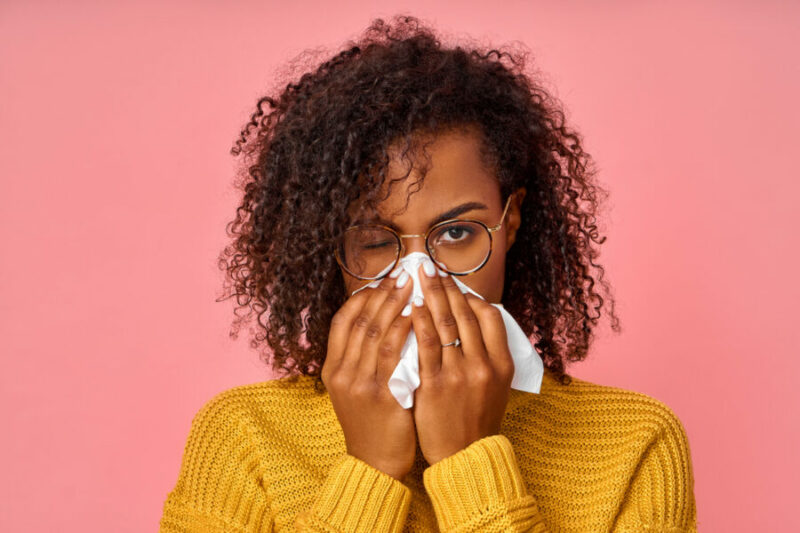
Allergies
What are allergies?
Allergies occur when your body’s immune system incorrectly identifies a substance as harmful. When you have an allergy, typically harmless substances like dust or pollen cause the immune system to react.
Allergy symptoms range from mild to life-threatening, and can affect your airways, sinuses, skin, and digestive system.
What are the symptoms of allergies?
The severity of allergy symptoms varies from person to person. Different allergens can result in different symptoms. Allergies are caused by food, insect stings, and environmental substances.
Symptoms of allergies include:
- Sneezing
- Itchy eyes
- Itchy nose
- Congestion
- Watery, swollen eyes
- Tingling in the mouth
- Swollen lips, tongue, face, or throat
- Hives
- Large areas of swelling (near an insect sting)
Anaphylaxis
Some people with allergies are at risk for anaphylaxis, a potentially life-threatening allergic reaction that can cause you to go into shock. Symptoms include:
- Severe shortness of breath
- Skin rash
- Weak pulse
- A drop in blood pressure
- Nausea
- Vomiting
- Unconsciousness
Anaphylaxis is a medical emergency that requires immediate medical attention. In the event of anaphylaxis, an epinephrine auto-injector (like EpiPen) is used to stop the reaction. Patients who experience anaphylaxis should seek emergency medical help to ensure symptoms don’t return.
How are allergies diagnosed?
Allergies are diagnosed through allergy testing. There are two methods used to test for allergies:
Skin test
To perform the skin test, your provider pricks your skin and exposes you to small amounts of potential allergens. If your skin reacts to the allergen, it’s highly likely that you’re allergic to that substance.
Blood test
To perform the blood test, your provider takes a sample of your blood and sends it to a lab where it’s tested for levels of allergy-causing antibodies and sensitivity to particular allergens.
How are allergies treated?
Once you know what you’re allergic to, it becomes much easier to manage and cope with your symptoms. There are a number of methods used to treat allergies, including medications and immunotherapy. Your Quick Doc provider discusses with you the best treatment for your allergies.
Allergy avoidance is typically the first line of defense against allergy symptoms. Your provider helps you identify ways to limit your exposure to your allergy triggers.
If you experience the symptoms of allergies, visit the office or schedule an appointment by phone.

